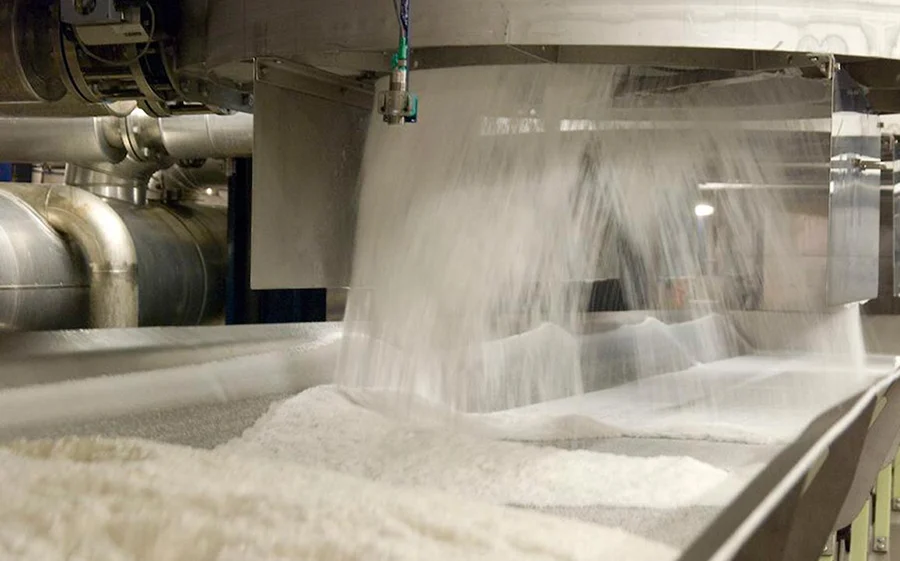Nigeria has inked a landmark agreement with Chinese industrial giant SINOMACH to inject $1 billion into its sugar sector, aiming to slash imports and kickstart large-scale cane farming and processing on home soil. The Memorandum of Understanding, signed between SINOMACH and the National Sugar Development Council (NSDC), charts a path toward self-sufficiency and rural revitalization.
Executive Secretary of the NSDC, Kamar Bakrin, told the News Agency of Nigeria that the pact marks one of the first major outcomes of the Nigeria-China Strategic Partnership championed by President Bola Tinubu. Under the deal, SINOMACH will build a processing plant capable of handling 100,000 metric tonnes of cane in its first year, with plans to scale up operations to a million tonnes annually.
“2025 is a pivotal year for our food security and economic independence,” Bakrin said. “This collaboration combines engineering, procurement, and construction expertise with development finance—exactly the model our agro-industrial sector needs.”
SINOMACH Vice President Li Yu praised Nigeria’s Sugar Master Plan as a “sweet revolution” aligned with both nations’ ambitions for food sovereignty. He revealed discussions are underway to tap Renminbi-based financing, which could streamline Chinese approvals and lower borrowing costs.
Beyond refining and export potential, the agreement is set to create thousands of jobs, improve roads and power in host communities, and conserve foreign exchange by cutting the $1 billion spent annually on imported sugar. Bakrin added that the NSDC will smooth the project’s launch by coordinating land acquisition, environmental clearances, and other approvals.
Today’s announcement follows similar groundbreaking in Kaduna earlier this month and joins a string of initiatives designed to fast-track Nigeria’s industrial growth. Officials say the first site could emerge as West Africa’s “Sugar Bowl,” supplying local refineries and tapping regional markets.
Fast Facts:
- The NSDC was established under Decree 88 of 1993 (Act Cap. No. 78 LFN 2004, amended 2015).
- Its mandate is to reach at least 70 percent sugar self-sufficiency and position Nigeria as an exporter.
- Prior to the council’s creation, Nigeria imported nearly all its refined sugar, missing out on significant agro-industrial value.
With SINOMACH’s technical and financial backing, Nigeria now stands poised to transform its sugar belt, drive rural prosperity, and reshape the nation’s standing in global agricultural markets.

